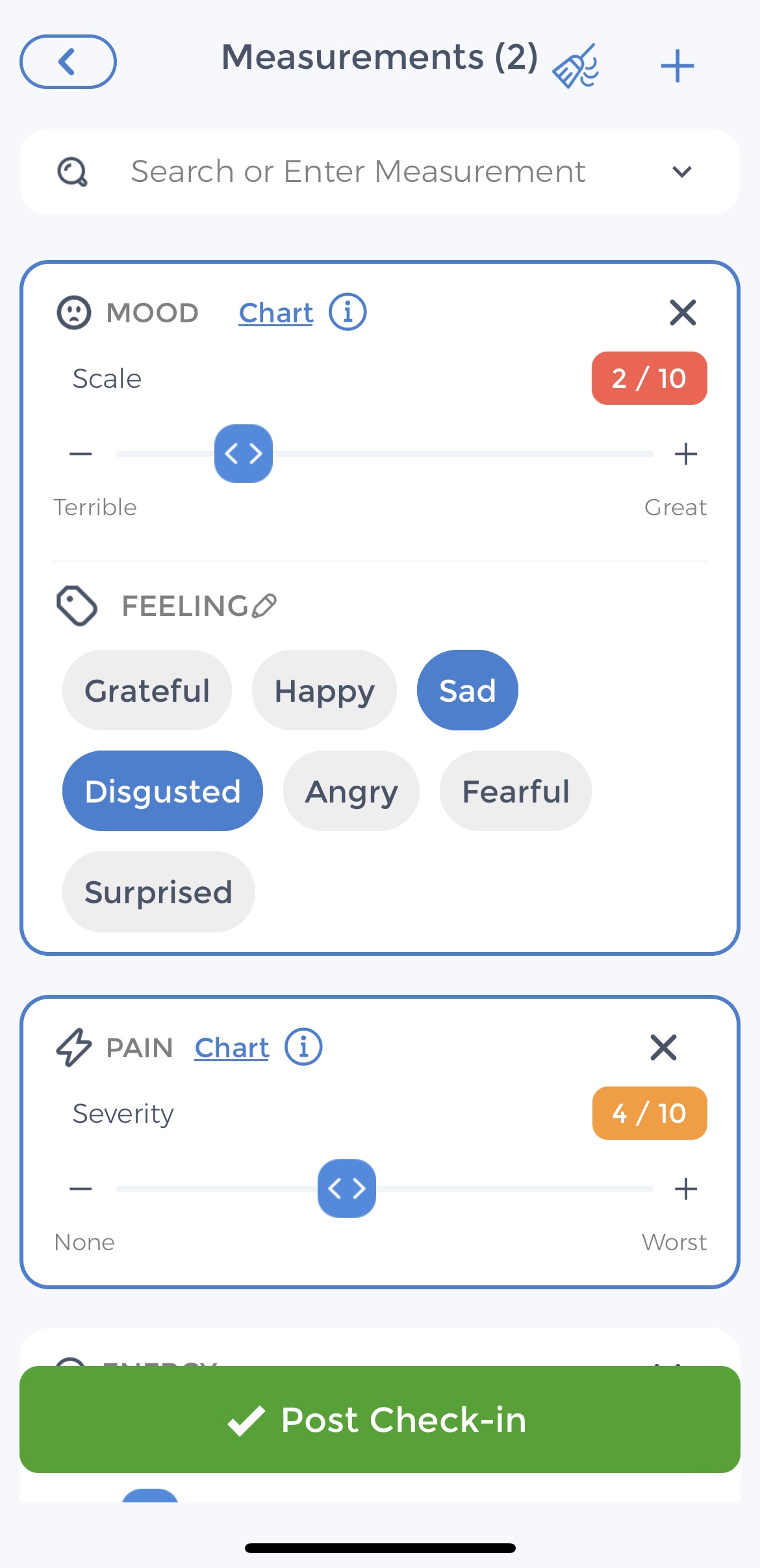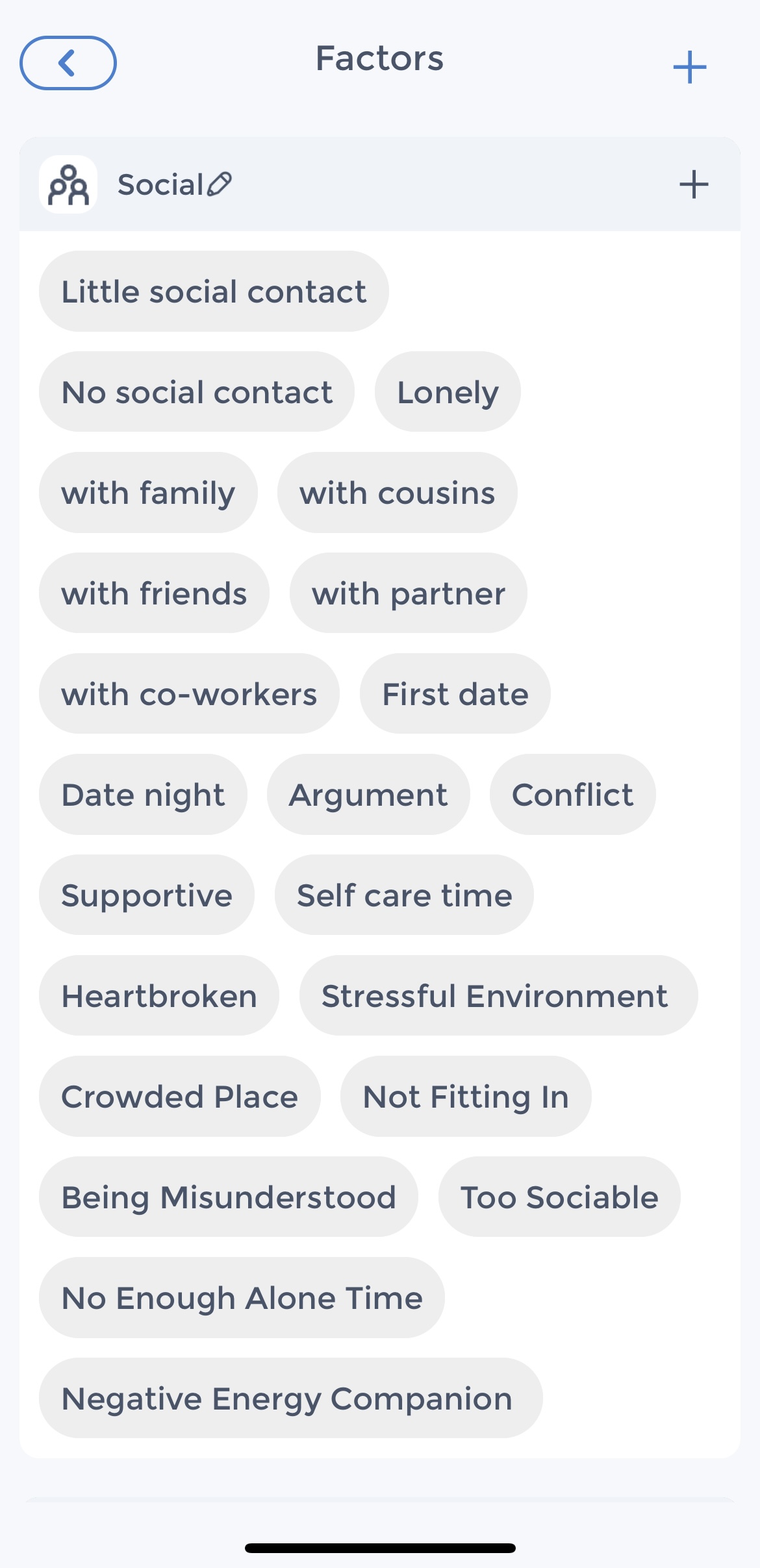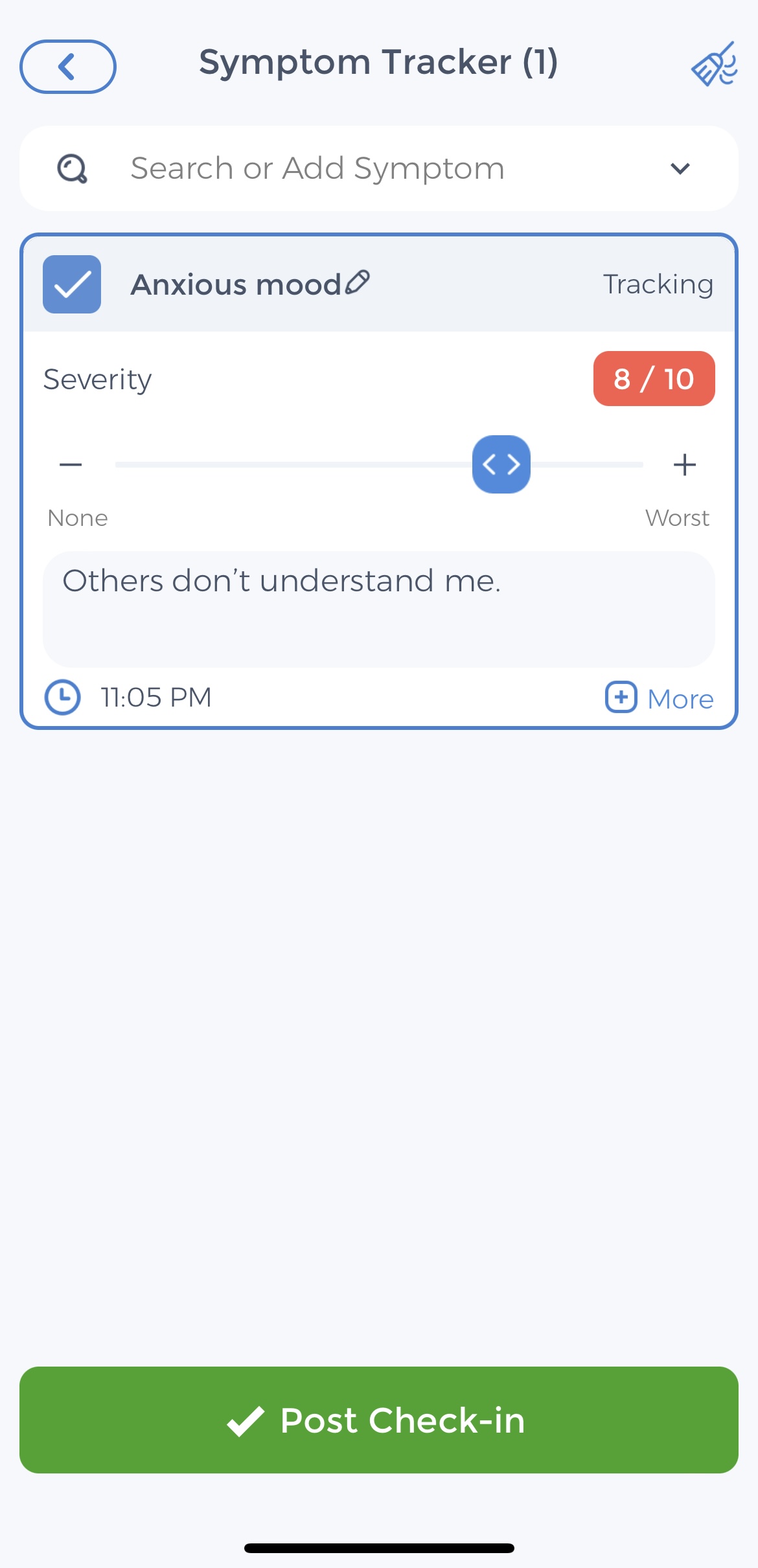
When people think of empathy, they often refer to Emotional Empaths – the ability to comprehend other people’s experiences and feelings. Empathy is a precious “superpower” that only 1-2% of the population possesses¹, which is seen as an excellent ability in social interaction. Everyone likes to be friends with empaths because they can amplify our joy or share our sadness. Say your best friend has just ended a relationship, and you, as the empath, experience the same pain level as she does. However, as an empath, your sensitivity to the emotions of those around you may lead to emotional conditions such as excessive stress, anxiety and depression in yourself, specifically triggers for empaths.
In the same vein, but rarely mentioned, is Physical Empaths. Physical empathy is the tendency to absorb other people’s physical symptoms into your own body as you become attuned to them², defined by the New York Times bestselling author Judith Orloff, MD. This goes beyond naturally contagious physical behaviors like yawning and laughter.
If your partner has recently had a tooth allergy, then you may not be able to eat acidic things either; Your friend is suffering from a severe migraine, and your scalp will also feel the tension; When you hear someone describe how sore their throat has been lately, you also need to get a glass of warm water and drink it right away. You probably don’t think that’s cool, right? After all, people will love a friend who can emotionally empathize, but no one will appreciate you having the same physical condition as them.
Are you a physical empath? Don’t worry. You are not insane, malingering or hypochondriacal. You have a sensitive nature and a superpower that you must cultivate and effectively use to optimize your health, and we can help you with that.
Manifestations of Physical Empaths
- Been labeled as hypersensitive or a hypochondriac.
- Feeling uneasy, tired or nauseous in a crowd and avoiding them.
- Feeling others’ anxiety or physical discomfort and pain in your body.
- Feeling irritable and hostile.
- Feeling chronically tired or having many unexplained symptoms.
- Frequently feel overwhelmed by the world.
- Despite the above discomforts, medical tests tell you that you are fine.
Triggers for Empaths
Other People’s Emotions and Physical Conditions
The most potent empath trigger is other people’s emotions and intentional or unintentional displays of discomfort. When you talk to someone who has twisted their neck, you might feel discomfort in your neck as well; if someone is sobbing and sharing their sadness, you not only feel sad but may also experience frailty, breathlessness, chest pains, and stomach pains.
This heightened sensitivity underscores the importance of neurodivergent testing for adults, especially for those who identify as empaths. Understanding these reactions through neurodivergent testing can provide insights into managing and harnessing this empathic sensitivity effectively.
Seeing Violence and Others Suffering
For empaths, grief and violence are huge triggers. This is so because empaths can understand how a victim and their family member would feel. Empaths would experience the pain and suffering as deeply as they would if it were their own. If it is your friends who are suffering, as an empath, you always stop whatever you do to help others feel better. You understand them and stay with them until they get through it. But later, although they may be relieved, you are in pain.
Difficult People
Selfish, arrogant, and insensitive people tend to trigger empaths more than other personality types, along with liars and people who are merely unpleasant. Being an empath, it’s challenging to understand how someone might be unkind, cruel, unwelcoming, and dishonest. And appear unconcerned or unaffected by how they affect other people.
Demands and Expectations from Others
Empaths are glad to assist others, and they frequently lose themselves in meeting their needs and those of others. Additionally, while satisfying other people’s needs can make an empath happy, it can deplete their energy and leave them emotionally exhausted.
No Enough Alone Time
Empaths require more time alone to process their emotions and recent events. They must take time to consider what took place, what was said, and other aspects of life. They must perform this practically every day. If they are unable to do this, they may experience tension and feel overwhelmed if they don’t have this time to process. On the other hand, with the right amount of “room for thought”, empaths are often excellent problem solvers, highly creative, and articulate.
Crowded Places
For many empaths, crowded environments like parties and shopping malls can feel particularly triggering. The people, noise, and social pressures can be a nightmare. It depends on the energy of the environment, which an individual can significantly influence. For example, a lonely homeless person in a lively shopping street may trigger feelings of sadness in an empath.
Not Fitting In
Feeling out of place may be incredibly unpleasant and emotionally upsetting. Empaths are more likely than average to feel like outsiders or misfits. In this scenario, you may behave or speak in an “odd” manner due to social anxiety, confusion, or stress. People may react negatively to behavior or speech that is “odd”. Your negative feelings may make you even worse, perpetuating the vicious cycle.
Being Misunderstood
Empaths frequently react to what they feel inside because they can intensely sense other people’s emotions. For instance, they might become grumpy, retreat, or say something absurd. The activities of an empath may make those around them feel confused, irritated, or worse. In any case, they do not perceive what the empath is. They wonder why the empath is acting the way they are and what is wrong with them. The empath then detects those adverse responses and experiences even worse feelings. Shame, annoyance, rage, and other emotions could surface. The empath might think:
- Why don’t they understand me?
- Haven’t I made it clear enough?
- Why are they giving me that look?
- Why did they sound like that?
- What did that face mean?
Being Judged
Wrong judgment is upsetting because the judge has drawn incorrect inferences about you or the circumstance. This feels unfair and often hopeless. It can cause shame, anger, and more, which can be extra painful for empaths.
Being Taken Advantage of
Many empaths are naturally kind and trusting. They are kind, honest people who have compassion for others. They don’t realize how vulnerable they are or how open a book they are because of their empathy. Sadly, some learn the hard way that not everyone has the same moral and ethical standards as them and that some people will take advantage. Being exploited is upsetting and painful. It causes you to lose faith in people. Cruelty and deceit may destroy you. And recovery may take some time.
Doing Too Much at Once
Most empaths would benefit from refraining from multitasking. Too many tasks to complete at once can easily set off empaths and lead to tension. Empaths tend to consider each job independently. They have a propensity for careful reflection and thorough consideration because they experience the feelings of individuals who will be affected by choices. They can sense how each possible result would play out.
Empaths can pull through with great ideas when the pressure is off and take things one step at a time. They are skilled workers. Just be aware that an empath cannot multitask like less sensitive people, managing ten things simultaneously. The less sensitive people only experience some outcomes and consider things with relatively lower intensity.
Excessive Intimacy
Physical empaths may experience emotional triggers from excessive intimacy. Most empaths adore the concept of closeness and connection. An empath attains to their partner’s needs and relishes their company. However, an empath might get overstimulated by excessive intimacy, which is often described as “nerve-fraying.”
Lies
Empaths usually know when someone is lying. When they can clearly sense a lie but others cannot, the liar can provoke empaths, especially if others accept the lie or go along with it. Empaths can also be triggered by exaggerated stories or news. They tend to value complete transparency and accuracy.
Because empaths tend to be honest and ethical, they can sometimes be deluded. They assume that others are as honest and truthful as they are, which may be wrong – some people have no integrity at all. They may pretend to have it to make themselves look good, but they are more concerned with self-interest.
How to Protect Yourself as an Empath
1. Recognize Your Needs and Boundaries
Learn to feel the difference between your actual energy and the energy you “get” so you can be more aware of how you feel. Then, establish firm boundaries with others to protect your health and avoid unnecessary interactions with negative people. Learn to say “no” and learn not to solve others’ issues for them. This will help you keep your energy up. As an empath, you can discover how to follow your instincts and realize that it’s okay to let others down occasionally, especially if your physical health is at stake.
2. Take Care of Your Body…

Physical empaths are used to allowing their bodies to suffer from empathy-induced pain. You need to block this pain consciously – distract yourself from the person in distress; remind yourself that you are responsible for your body; go for regular check-ups; eat and drink healthily even when you or those around you are in a bad mood or when the environment is toxic; and finally, schedule time for yourself to exercise and relax.
You must keep track of your emotional and health status. As a physical empath, discomfort often occurs both emotionally and physically at the same time. To fully describe and record the scenario as well as your feelings so that your doctor can make a more accurate diagnosis, you’d better keep a timely record of your condition. Using the Careclinic app as an example, you can easily keep a record of your emotional and physical conditions and what you are experiencing when they occur.
3. …and Your Mind
If you must read the news media, try skimming only the headlines first rather than reading the gory details straight away. Pay attention to the types of films you watch. Unfollow accounts on social media as needed. Follow positive social media accounts and happy hashtags.
Do some research and learn the typical red flags of narcissists, sociopaths and other dark personalities, so you don’t become a victim again. Learn to protect your energy – this may mean reducing self-expression when meeting someone, for example. If you have been naive, forgive yourself and learn from it. Your trust and openness are not flawed. At the same time, become strong and smart. Take responsibility for your own affairs, and don’t have a victim mentality.
4. Take Your Time

If you need or desire extra time alone, plan to have it. Acknowledge and respect your need to think things through. Allow that time and schedule it if you can. Try journaling and putting your thoughts down on paper. Also, be careful not to obsess or over-analyze things in a harmful way. It is very beneficial to keep a simple but timely record: what were the factors for the bad feeling? Record and review these triggers so that the next time you encounter them, you will be able to respond to or avoid them. This can be as simple as picking up your phone and tapping a few.
If you have a hectic lifestyle, see if there is something you can do to slow down. Make your physical and mental health a priority because this will help you to perform more satisfactorily at work and in social activities.
Empaths need time outdoors and in nature. Nature time is usually part of their alone time. Spending time in nature is essential for everyone. We all need to be outdoors. If you live in a place with almost zero nature, then at least lookup. Observe the sky, feel the breeze, chirp to a bird, or plan a trip outside your area.
Additionally, empathy needs to be freed up for creativity. Otherwise, a strange sense of unhappiness worsens. In some cases, not having enough creative time can trigger depression or anxiety. Whether intentional or not, inhibiting creativity is detrimental to mental health.
Make time for creativity as much as possible. Take creativity seriously. Being creative is not a hobby. It’s a way of life. Furthermore, you don’t need any talent to be creative. You don’t need skills. It is an attitude. For example, redesign the bedroom furnishings, or change the wallpaper for your phone. Easy things like that can make a significant contribution to your mental health.
5. Reconcile with Others

Try to surround yourself with genuine people. Continue to be direct, but be aware of other people’s feelings. Pay attention to communication styles and techniques and improve your communication skills. For example, try elaborating. Meanwhile, be clear about what to share with whom. Or keep your thoughts to yourself and your Careclinic app. It is better than over-share. If one day you think you need a therapist. You’ll be able to share the data recorded on Careclinic with him. This will describe, to the greatest extent, in quantifiable form, the otherwise vague feelings toward him and enable him to give you the best advice.
For those who are anxious because they are easily misunderstood, forgive yourself for possible mistakes and forgive others for misunderstanding you. As you build your confidence, maturity and communication skills, you may be less concerned about being misunderstood. You may also find it happens less often.
Make Use of Physical Empathy
As a superpower, physical empathy allows you to be energized by someone else’s sense of well-being. They can stay up until 3 am with people who are used to staying up late, or they can go to bed early and get up early with the influence of their families. So, to become healthier and happier, physical empaths should get themselves a dedicated gym buddy with a healthy diet and routine and, more importantly, a cheerful, upright, honest, and empathetic heart.
References
- Banissy, J. (2013). Synesthesia, Mirror Neurons, and Mirror-Touch. Oxford Handbook of Synesthesia. Retrieved from https://doi.org/10.1093/oxfordhb/9780199603329.013.0030
- Orloff, J. (2019). The Empath’s Survival Guide: Life Strategies for Sensitive People (Reprint). Louisville: Sounds True.


